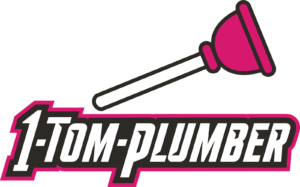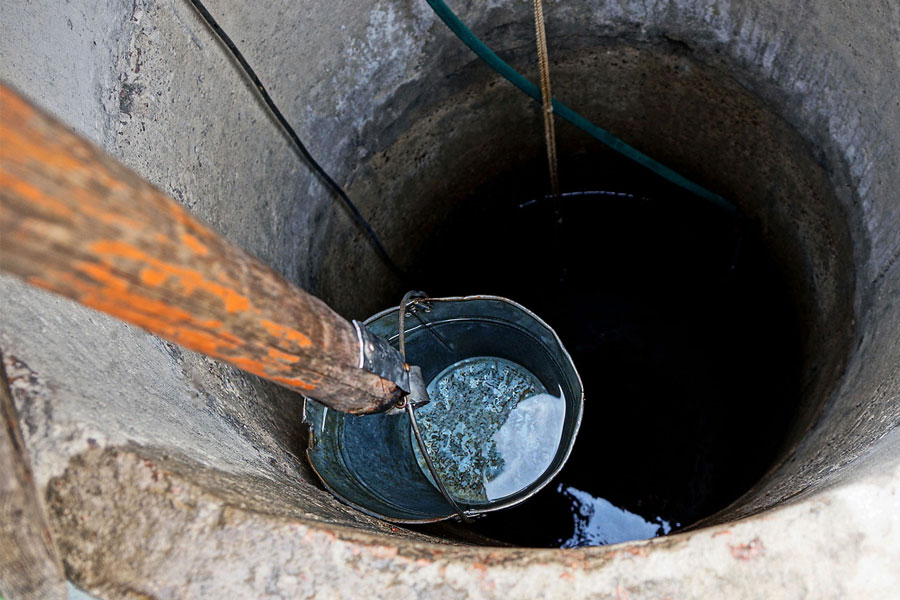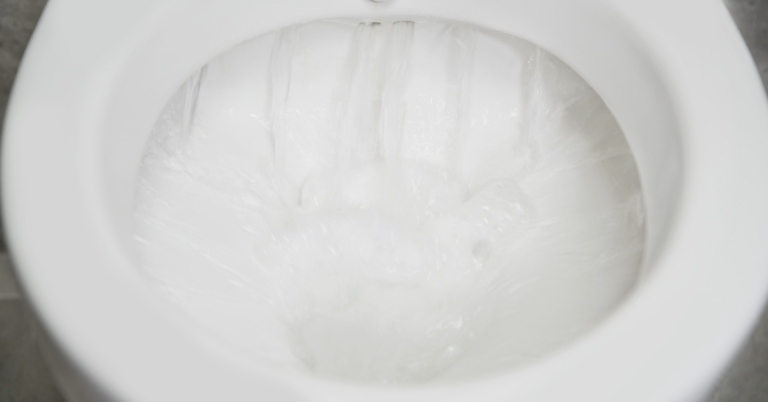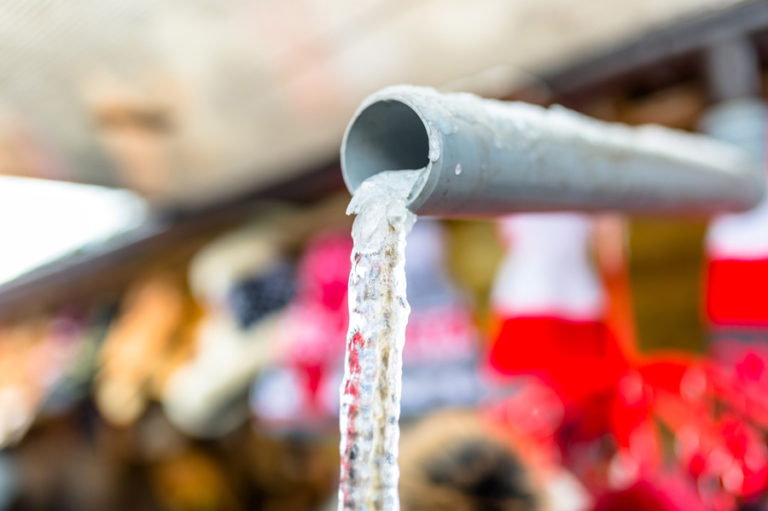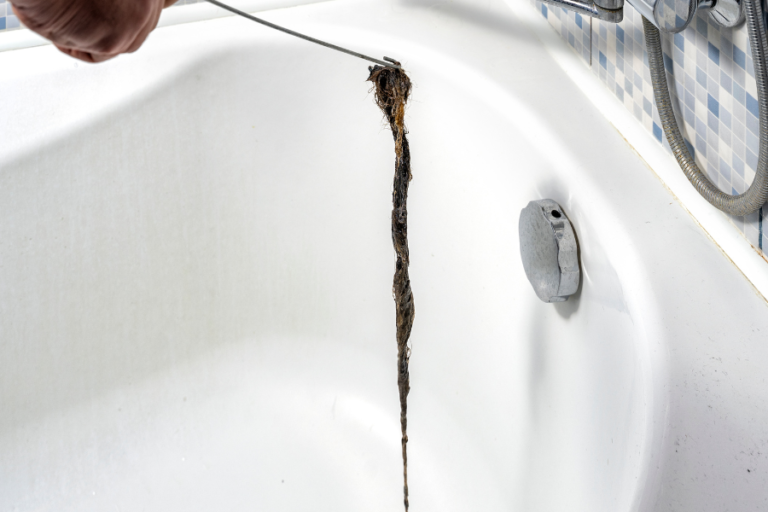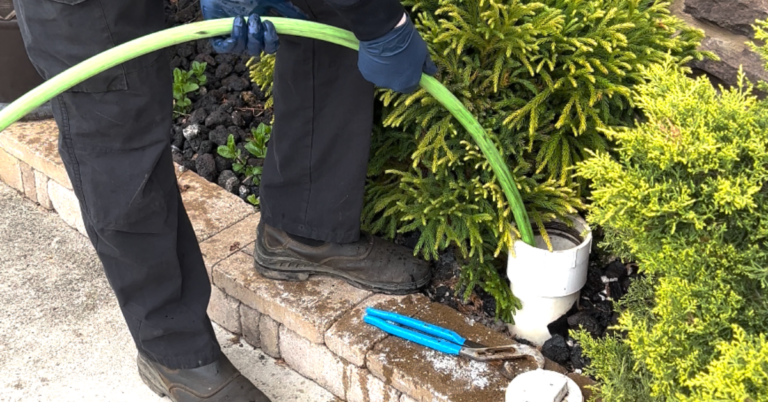Cistern vs Well (What Are The Differences?)
Do you know what a cistern is? How about a well? In addition, there a many differences between a cistern and a well. Let’s see what those differences are and determine which one would be best for your home.
What is the Difference Between a Well and a Cistern?
Wells and cisterns both deliver water, but they do it in very different ways. Cisterns of various sizes are used for water storage all over the world; cisterns can be found above and below ground in a number of layouts.
However, a well allows you to collect water from a groundwater source such as a spring or underground stream.
What is a Well?
A private well is a sort of water delivery system that isn’t dependent on the government. To gain access to fresh water, a hole is excavated on private land. Water comes from an underground stream or aquifer by a pump.
Water runs through an aquifer, which is a layer of porous rock, sand, silt, or gravel.
Wells are dug to access the aquifer, which can be as shallow as 25-300 feet below ground level in some locations. In Connecticut, for example, drilled wells must be at least 450 feet deep. It is not uncommon to find depths over 1,100 feet.
Shallow wells are those that are less than 25 feet deep. Deep wells are wells that are more than 25 feet deep.
What is Cistern?
A cistern is a large storage tank for holding water. Cisterns have a lid or cover that keeps animals, plants, and insects out of the water they hold. During dry seasons, many homes use cisterns as a backup for their water well system, and in other cases, a cistern serves as the major source of water for a family’s requirements.
What are the Benefits of a Well?
Not Dependent on a Municipal Source
For urban or suburban homeowners, a municipal water source is simple and convenient. If something goes wrong, however, everyone who relies on that source will be affected.
You will never confront a widespread issue like sewer contamination if you have your own water well. Even if the adjacent neighborhoods have water consumption limitations, you can use your own well to provide water to your property.
You will have to repair your water well if it develops problems, but you will never feel like you have no control over your own water.
Improved Water Quality
Natural minerals that are beneficial to your health are frequently removed by water treatment plants. Well water, on the other hand, has all of the minerals found naturally.
While you should test your well water for pollutants, the majority of well water sources are fine to consume. Because well water has a natural filter, it has the cleaner flavor that many people desire.
Environmentally Friendly
Many municipal water sources require extensive treatment and processing before becoming safe to drink. This processing can consume a significant amount of energy. Well water, on the other hand, has its own natural filter.
Furthermore, because well water is always renewable, you won’t have to worry about running out of resources or using environmentally destructive techniques to collect water. The water is constantly available and ready to use.
What are the Benefits of a Cistern?
Not Dependent on Municipal Source
You don’t need to link to a city water supply to use a water cistern. In addition, you’ll have an endless supply of water as long as it rains on a regular basis. You could even be able to sustain exceptionally prolonged droughts if you had a large enough cistern.
Improved Water Quality
Water cisterns provide filtration devices, ensuring that you have access to clean, fresh, and pure drinking water. The purification system kills any germs or bacteria in the water, leaving you with safe drinking water.
Rainwater contains none of the toxins present in ground water, making it totally safe to use.
Environmentally Friendly
Rather than letting rainwater go to waste, a cistern allows you to use it for a variety of reasons, easing the strain on the current water system.
Water resources on our planet have its limits, and as the world’s population expands, so does the demand on our natural water systems, resulting in water scarcity.
Collecting your own water protects water from draining from the earth’s natural sources. This is especially crucial in high-rainfall locations like the tropics and the northwest United States.
Which is the Right Choice for You?
As you can see, cisterns and wells have very similar advantages to both. It is important that you find which is best for you and your home’s needs. Cost can also play a role in your decision, which can get expensive.
Call 1-Tom-Plumber
Don’t hesitate to contact us here or call us at 1-Tom-Plumber (1-866-758-6237) if you need any plumbing, drain, or water damage service. 1-Tom-Plumber’s certified team of plumbers and drain technicians respond immediately to any emergency plumbing, drain cleaning, or water damage problem.
We also handle the excavation of underground water lines and sewer main lines. Our immediate-response team is available every day and night of the year, even on holidays.
